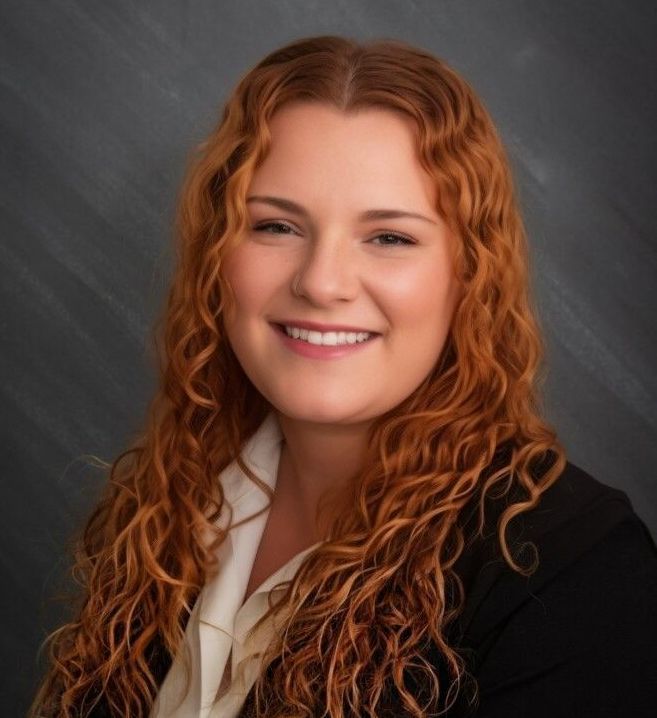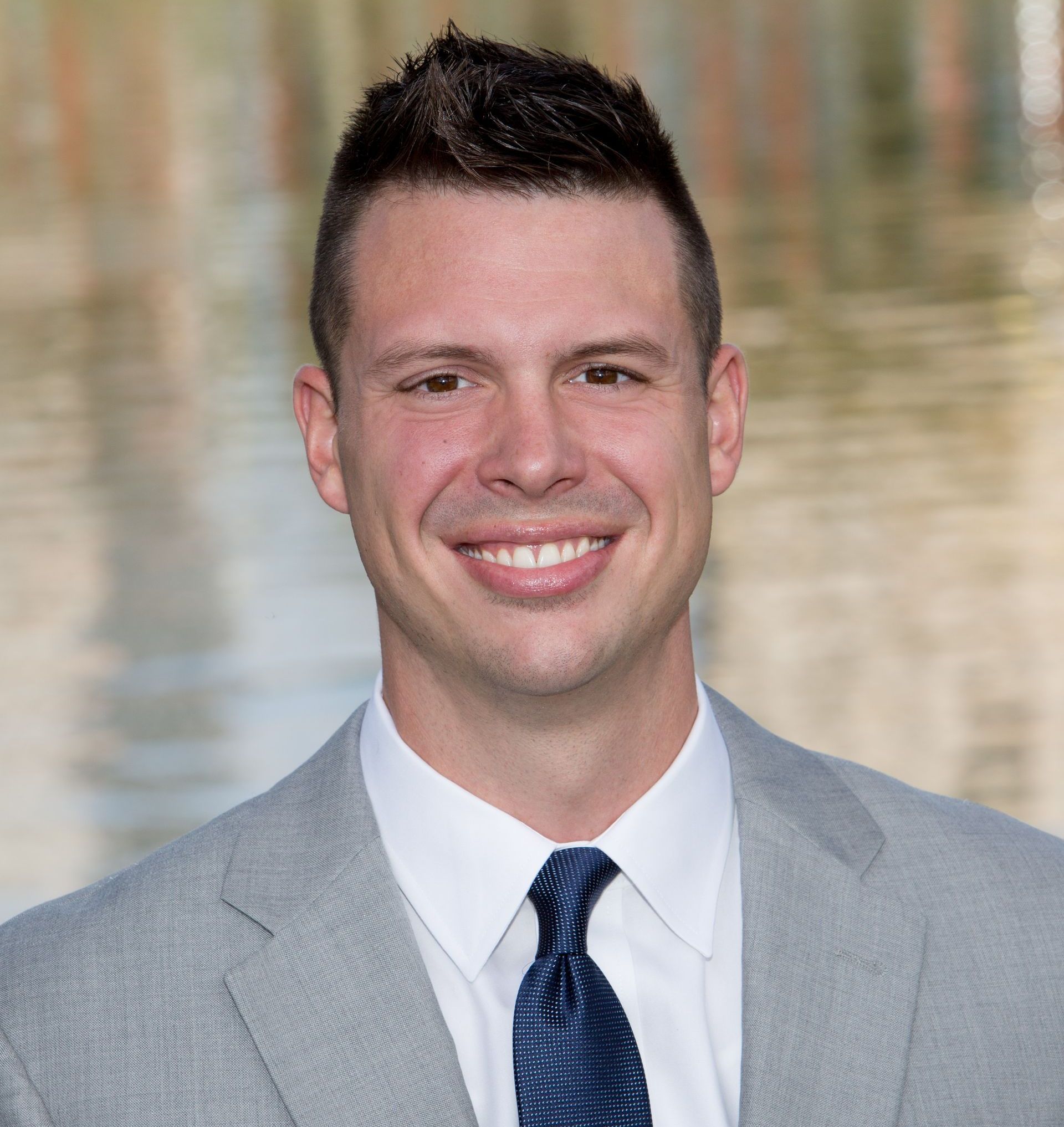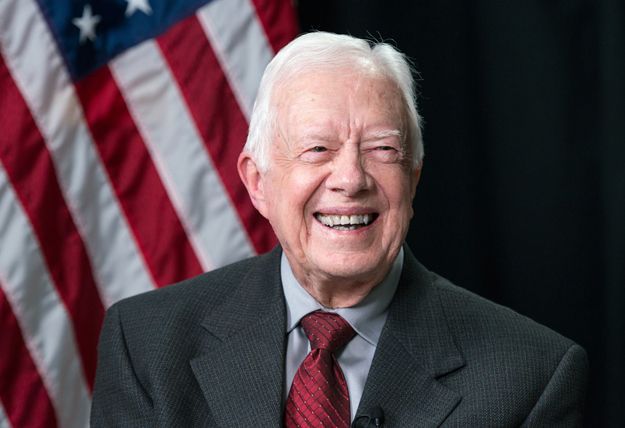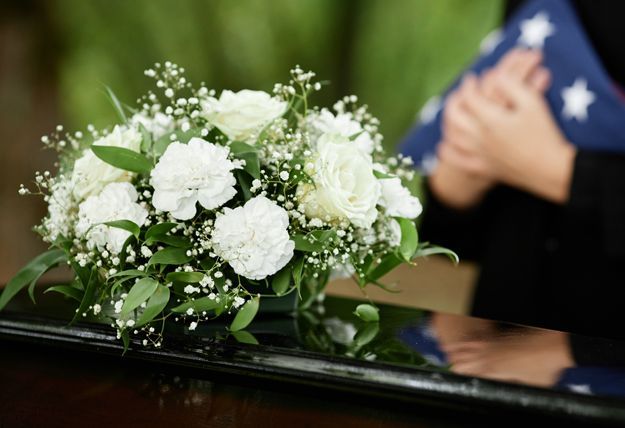Funerals Are an Essential Part of the Grieving Process
The pandemic has kept us from sharing some of the most meaningful rituals of our lives, from graduations to weddings to funerals. Studies are now underway to determine the psychological impact that the loss of shared rituals is having on people.
Witnessing the difficulties of the families that Parthemore Funeral Home has served over the last two years, we don’t need a scientific study to tell us that the loss of rituals can be traumatic. Not being able to hold funeral services has had a major negative impact on families’ ability to move through the grieving process.
Dr. Alan Wolfelt, a nationally recognized grief expert, has found that the funeral is more than just a ritual – it is an essential part of the grieving process, because it helps us meet the six needs of mourning.
The 6 Needs of Mourning
After talking with thousands of families, Dr. Wolfelt found that there are six essential needs of mourning. He believes these six needs are essential for mourners to be able to reconcile their grief and go on to find continued meaning in life.
The six needs are:
- Acknowledging the reality of the death
- Moving toward the pain of loss
- Remembering the person who died
- Developing a new self-identity
- Searching for meaning
- Receiving ongoing support from others
Funerals provide an opportunity to begin to deal with the reality of loss. When a death first occurs, our minds often refuse to accept the reality of it. In some ways, we rebel against our new reality and the change it brings to our lives. It’s only with time that the death begins to sink in.
A personalized and meaningful funeral is the first step toward healing and reconciliation. We are surrounded by other people who share our mourning. As we accept the reality of our loss, we can begin to process what this change means for our lives and create forward motion in our grief journey. Without a funeral, we can become stuck in our grief journey.
Funerals help us shift our relationship to one of memory. Part of coming to grips with the reality of death is acknowledging a change of relationship. We no longer have a relationship based on the presence of our loved one; we now have a relationship based on memory.
In order to heal and find continued meaning in life, we must accept our new reality and reconcile ourselves to the loss. The funeral is an important first step on that journey toward healing.
Article includes excerpts from "How Funerals Help Us Accept the Reality of Death"











